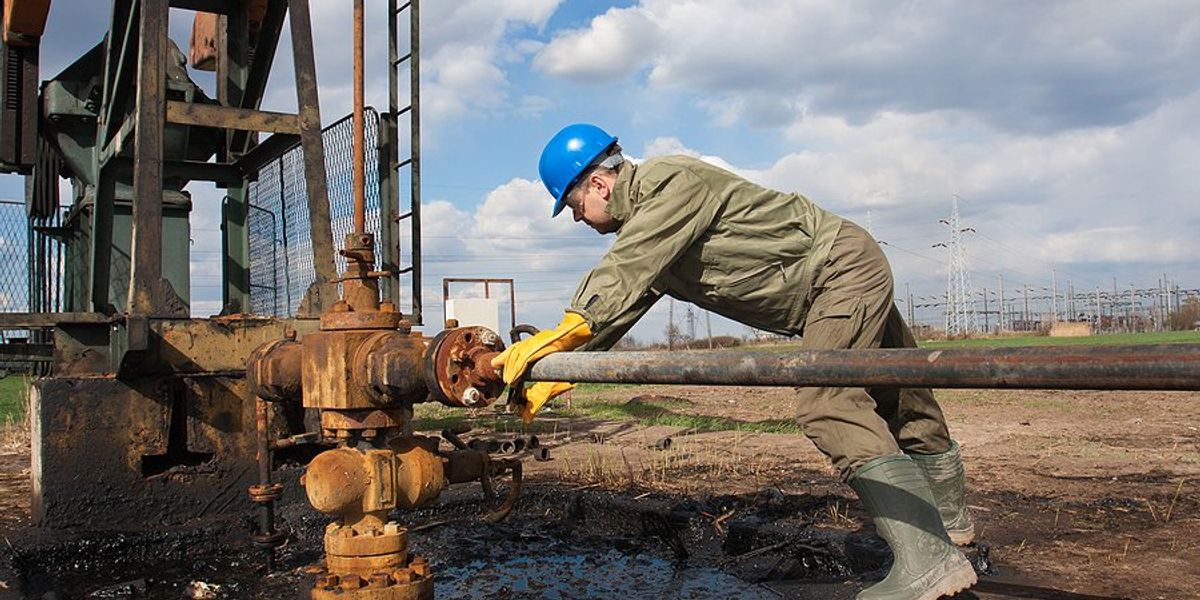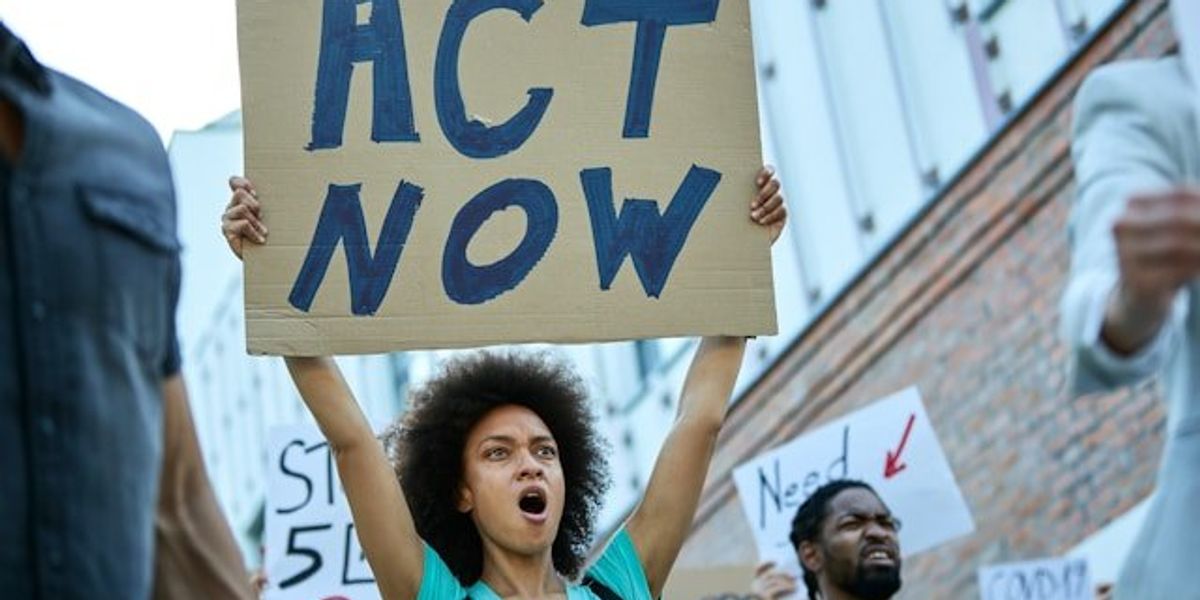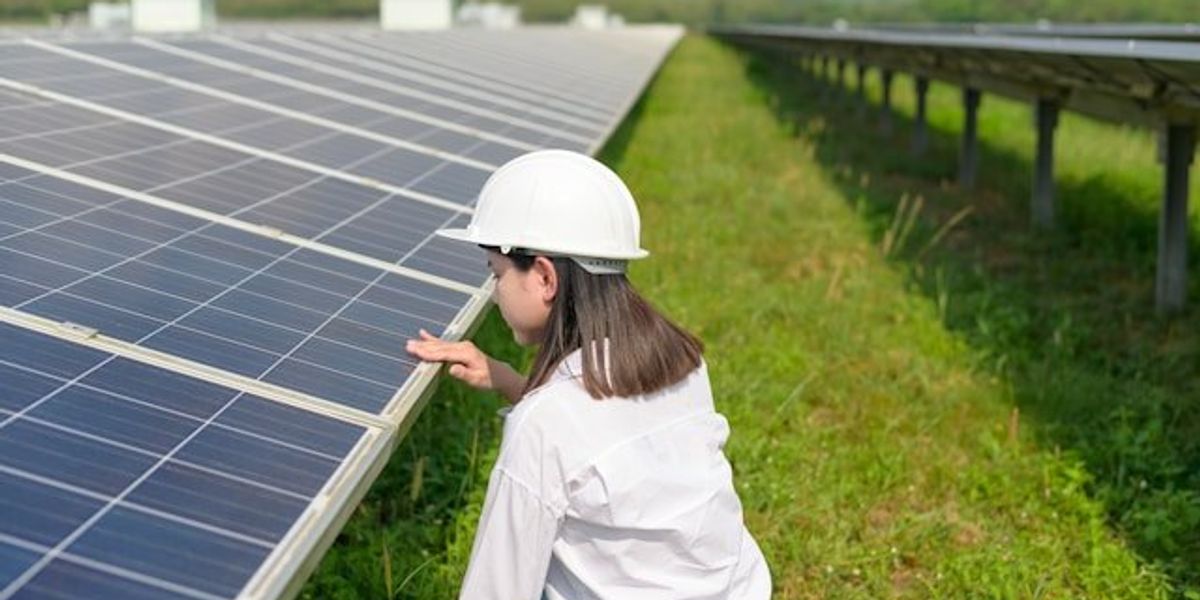
Unprecedented climate disasters surged worldwide in 2024
The world experienced 151 record-breaking extreme weather events in 2024, the hottest year ever recorded, displacing hundreds of thousands and causing widespread destruction.
Damian Carrington reports for The Guardian.
In short:
- The United Nations World Meteorological Organization documented 151 extreme weather events in 2024, surpassing previous records and intensifying damage worldwide.
- Heatwaves, supercharged storms, and catastrophic flooding struck multiple regions, including record temperatures in Australia, Iran, and Mali.
- Experts warn that continued fossil fuel use and rising global emissions will drive even worse impacts in the years ahead.
Key quote:
“Global warming continues unabated, exactly as predicted correctly since the 1980s, [and] millions of people are increasingly suffering the consequences. We can only stop the warming trend by getting out of fossil fuels fast.”
— Stefan Rahmstorf, Potsdam Institute for Climate
Why this matters:
In 2024 alone, millions faced deadly heatwaves, storms, and floods, with many losing their homes. The economic toll is staggering. As infrastructure crumbles under the weight of climate-fueled disasters, governments are forced to spend billions on rebuilding efforts, often in the same vulnerable areas. Agriculture, too, is under strain, with droughts and unpredictable weather patterns reducing crop yields and threatening food security. Meanwhile, public health experts warn of rising rates of heat-related illnesses, the spread of vector-borne diseases, and the mental health toll of displacement and loss.
While the science is clear on what is happening, the response remains fragmented. Some governments and industries continue to push for policies that prioritize short-term economic growth over long-term sustainability, while others are ramping up efforts to transition to cleaner energy and more resilient infrastructure. But as each passing year brings more devastation, the question remains: How much longer can the world afford to wait?
Related: If global warming exceeds critical thresholds, what will the planet look like?













